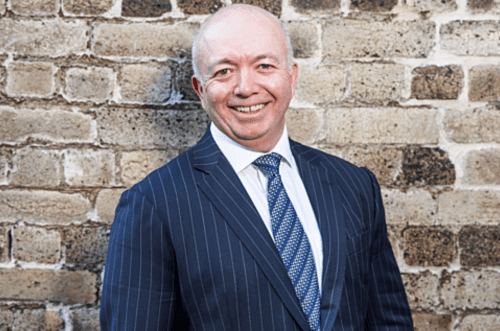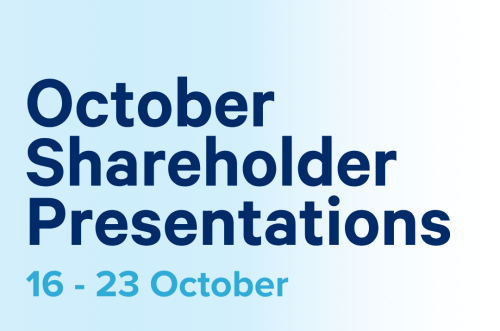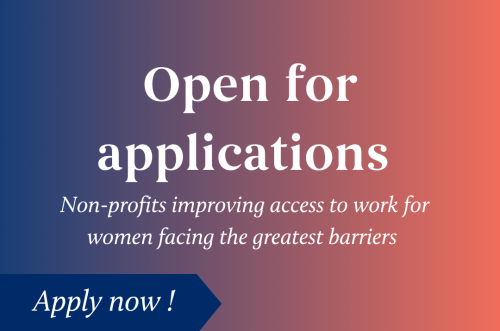“Early adversity shapes a child’s entire future – with implications for individuals, the economy and broader society. That’s why the deep, narrative work carried out by our impact partners is not only a moral imperative, but a sound long-term investment,” Dr Philip Lowe, Chair.
In the ten years since Future Generation was launched, we’ve seen profound shifts in the challenges facing young children and their families. As we approached this milestone anniversary, we began a review of our giving strategy to ensure that we are optimising our impact for vulnerable Australian children.
This took us to the landmark 2023 Australian Child Maltreatment Study which revealed, for the first time, the scale and devastating impact of childhood trauma. More than a quarter of young people aged 16 – 24 years had experienced between 3 and 5 types of abuse in their childhood. Earlier findings from the Australian Institute of Family Studies showed that more than 50% of Australian children are exposed to two or more adverse childhood experiences by the age of 11. Yet despite its scale, the national response to childhood adversity remains piecemeal and reactive.
Adverse childhood experiences (ACEs) is a term used to describe highly stressful circumstances in childhood, including maltreatment and household dysfunction. Twenty years of international research has shown a strong correlation between the number of adverse childhood experiences and the probability of physical health, mental health and social and behavioural problems – occurring through life and into the next generation.
Newer research has shown that children, regardless of the adversity they face, can recover and flourish through supportive relationships and experiences. These “positive childhood experiences” help the brain to heal, facilitating health across the life span.
To maximise the impact of our giving, Future Generation invests in areas with high potential for social good that are overlooked or underinvested. We aim to complement others’ efforts and take on risk to accelerate change. Investing in the largely untapped capacities of positive childhood experiences to promote healthy development and healing offers opportunities for impact, innovation and evidence-building.
Earlier this year, we called for Expressions of Interest from non-profits that promote healthy relationships, resilience and a positive sense of self in children – the factors we know predispose vulnerable children to positive life outcomes. Our focus is on those who work with priority groups of children at known risk of adversity aged 0 – 14, and their caregivers. We prioritised those 8-14 years as they have received less attention and investment than 0-3 years or youth/adolescent stages.
From 329 applicants, we selected six exceptional new social impact partners: Brave Foundation; GUTS Dance; Karinya House; KidsXpress; Yawarda Services and Yiliyapinya. These organisations are all small to medium-sized, with proven track records and the capacity to grow their impact. They join five existing partners – The Australian Children’s Music Foundation, Giant Steps, Lighthouse Foundation, Mirabel Foundation, and Raise Foundation – in a dynamic impact portfolio that balances continuity with renewal, while expanding our geographic footprint into Western Australia, the Northern Territory and the Australian Capital Territory.
In line with philanthropic best practice, we will provide these organisations with multi-year core funding, and additional capital to develop their organisation.
Transparency and accountability remain central to our approach. Building on Future Generation Global’s award-winning Impact Measurement Initiative, we will continue to rigorously capture both individual and portfolio-wide outcomes, strengthening the evidence base for investing in children facing adversity, as well as in the development and sustainability of high-potential non-profit organisations.
Learn more here: Future Generation Australia Impact Brochure.








